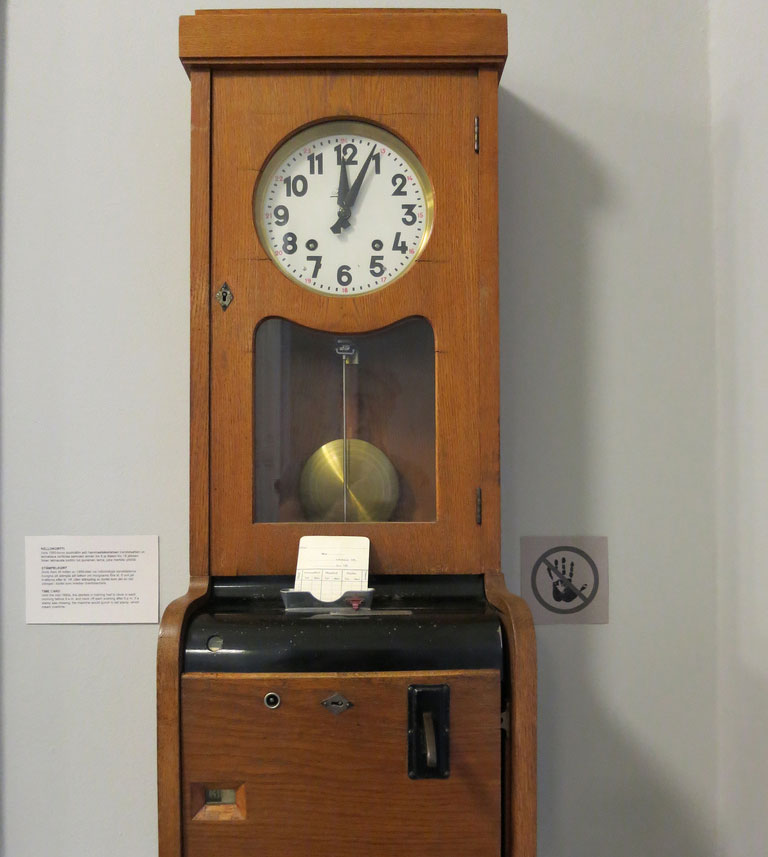
September 26, 2016; National Law Review
Two legal challenges to the U.S. Labor Department’s revised overtime rule under the Fair Labor Standards Act (FLSA) have been filed in federal court, one by a coalition of 21 states and the other by a group of business interests including the U.S. Chamber of Commerce. The article refers to the lawsuits as the fulfillment of wishes “from employers across the spectrum—large for-profit companies, small businesses, nonprofit organizations, and local government employers.” However, NPQ has explored the issue that, amid the stresses nonprofits and their employees may face in complying with the updated regulations, there is an underlying recognition that labor is frequently undercompensated, especially for the approximately four million people currently earning more than $23,660 and less than $47,476 anticipated to be affected by the new rule.
The two lawsuits both seek to reverse the rule changes. There are similarities in the plaintiffs’ legal reasoning, but there are also differences. The business coalition lawsuit says the Labor Department was “arbitrary and capricious,” ignoring evidence when designing the rule, and that the new threshold is so high that “it is no longer plausible to satisfy the minimum salary cutoff for many individuals who are otherwise bona fide EAP (executive, administrative, or professional) employees.”
The coalition of states claims that Congress does not have the authority to dictate to states how, or how much, they must pay their state employees. They also say that Congress gave too much FLSA rule-making power to the Labor Department. The article notes that both arguments are difficult to sustain given existing legal precedents.
Sign up for our free newsletters
Subscribe to NPQ's newsletters to have our top stories delivered directly to your inbox.
By signing up, you agree to our privacy policy and terms of use, and to receive messages from NPQ and our partners.
Both lawsuits say the revised rule’s “escalator provision,” automatically increasing the salary threshold every three years, violates the federal rulemaking requirement for notice and comment periods before changes can be made.
Via its nonprofit newswire, NPQ has noted other efforts to delay or otherwise mitigate the revised regulations, including proposed legislation in Congress to reduce the threshold increase and eliminate the automatic indexing feature.
There is no doubt that the $47,476 threshold gave some sticker shock to employers when it was announced earlier this year. In contrast, an inflationary increase from the current annual figure, set in 2004, would have resulted in a $30,141 level for 2016, using the Labor Department’s own web-based CPI inflation calculator. However, the Labor Department’s goal is to increase the threshold to cover all workers at the “40th percentile of full-time salaried workers in the lowest-wage Census region (currently the South).”
Unless the federal court in Texas (where the suits were filed) issues an injunction against the imposition of the revised regulations pretty soon, the new overtime regulations will take effect while the courts review the process and Congress debates changes.—Michael Wyland













